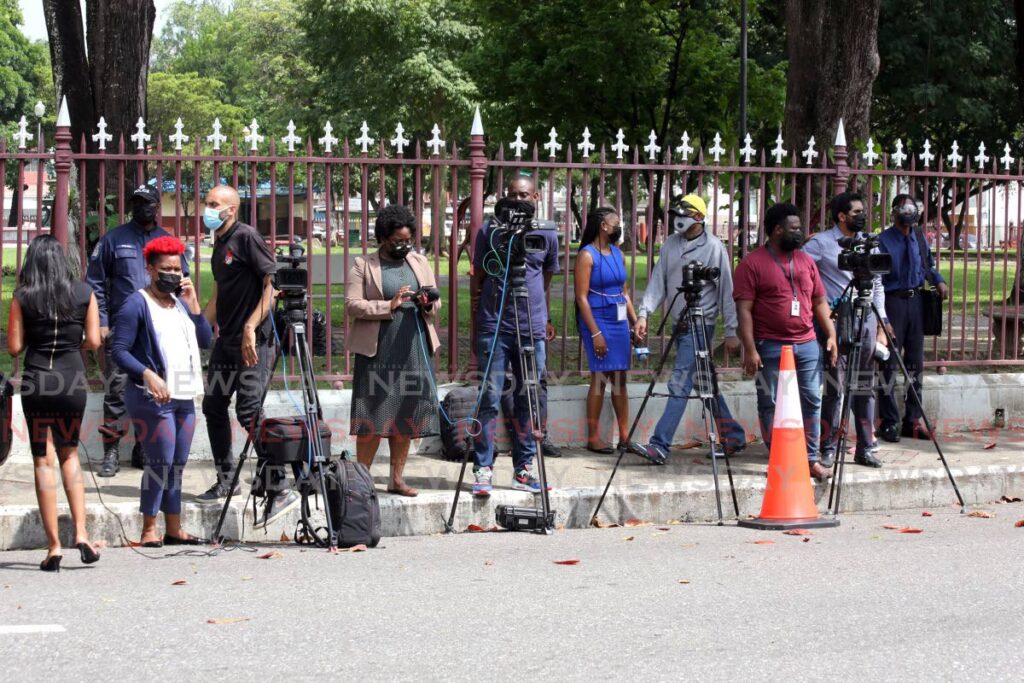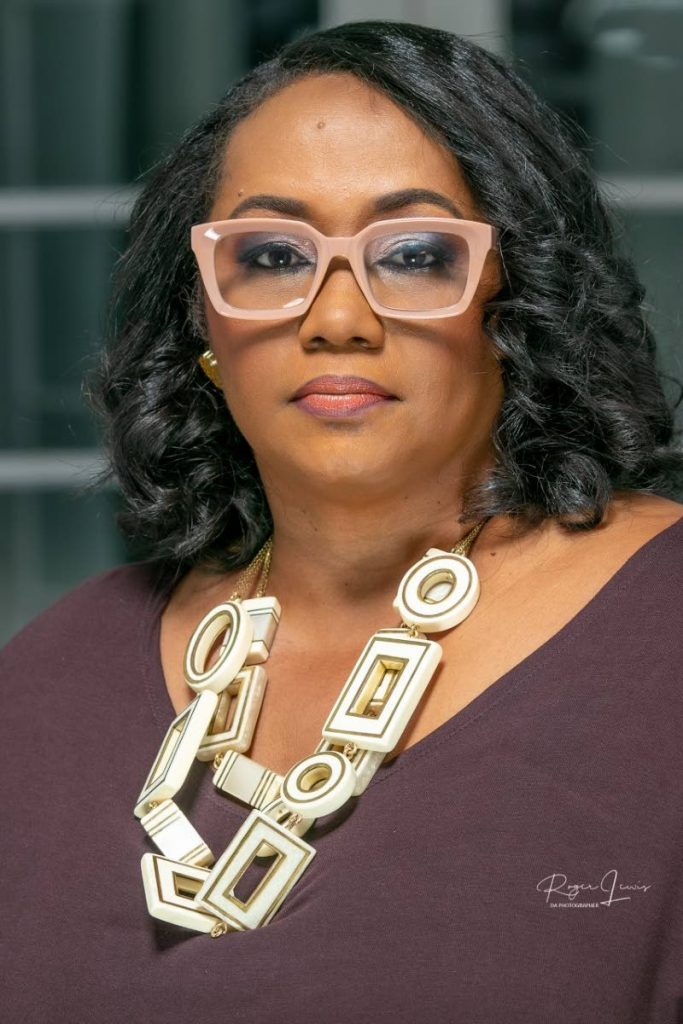Can you live with what you said to a reporter?

LISA-ANN JOSEPH
A frequent occurrence which often triggers discord, after a reporter has interviewed a newsmaker, is bold headlines and dramatic footage of what the newsmaker said, or is quoted as having said.
It goes almost without saying that interviewees are on occasion misquoted by over-zealous and less than professional reporters, or through a misunderstanding of what has been said by the newsmaker.
It is the case however, that because of imprecision of thought and action, newsmakers have misspoken, to use a nice word.
Fact is when faced with the reality of what he/she said in the newspapers, even in direct quotes in the electronic media, the newsmaker slinks away from the statement and seeks to heap blame on the reporter.
What such reaction says is that the interviewee did not critically and clinically think through what he/she wanted to say or was not sufficiently specific and precise in saying it.
There is too the psychology of being confronted with the reality of what was said; it unnerves and creates pain which causes a measure of trauma.
Such incidents are painful; on occasion they have been quite destructive to the reputation and credibility of an individual and the company he/she represents.
In the present age, many reporters working in television and radio record what was said and therefore can produce the evidence which discredits any claim by an interviewee of being misquoted and or misunderstood.
The solution for you as the interviewee speaking on behalf of your company is to research and get it right. Prepare for the interview; do not allow yourself to be forced into saying something you don’t want to, or was not prepared to say. Prepare thoroughly and speak precisely.
The test of how well you have done comes in the news on television and radio and on the morrow of your statement in the newspapers. If an unanticipated question is asked, the right answer to which you are not sure about, do not waffle around looking to find something to say, apologise for not being able to answer at the moment and promise you will get back to the reporter when you have been able to gather the required information.

The art of extempo is for calypsonians; unless you are one of the best extempo singers, an extempo answer will come back to bite you – sans humanite.
Communicating in a professional manner will not spring naturally from the clear blue sky. There are a few naturals who do not require any preparation for an interview. The rest of us, most of us, have to prepare for especially big and critical interviews involving the reputation and functioning of a company.
There is another element of interviews which you as the corporate interviewee has to be fully cognisant of. Speaking “off-the-record” to reporters is a very dangerous practice. Even in circumstances in which you previously had the confidence of the reporter, it is inviting trouble to trust a reporter completely by telling him/her company secrets.
Reporters live on exclusive stories, the spicier the better. It will be tempting fate to tell even a trusted reporter the whole story in every detail. You must certainly give the reporter sufficient information and analysis to create a full picture of what you want to communicate; don’t go overboard and say things which on reflection you did not want to say.
Another response you need to avoid is to say “no comment” to a question asked. That sounds defensive and indicates to the reporter that you are hiding something from the public.
A good reporter/interviewer will then begin the search for an answer; if one is not easily forthcoming, the reporter will then initiate a research project. If you have “cocoa in the sun” the reporter may find it drying with still enough life to tell a story, one you may not want told.
Say what you plan to say, what you have researched and are sure of, and respond with a promise to research the matter that you are unsure of. If in the instance of having to do more research and or get the additional information required from a colleague, say so without equivocation.
Engaging in unnecessary conflict with a reporter can be pointless and expose your company to unwanted attention. A reporter promoting conflict in an interview may indeed be setting a trap to ensnare you, to get you annoyed in the hope that you will say something you did not plan to say.
Do the best you can to defuse a conflictual situation building by not taking bait; guide the conversation into safe and known waters. Preparation for an interview is the golden principle to adopt. Having done so places you in a good position to give adequate information and to avoid the pitfalls of an interview.
In making your last responses in an interview, it is good practice to reiterate the main points you want to leave with the reporter and those you want to see published and heard on the broadcast media. You should not expect a reporter to show you the finished product before its published, but you should surely leave him/her with the assurance that if there is any need to clarify or double check something that you can be reached and are willing to respond.
Lisa-Ann Joseph is managing director of Reputation Management Caribbean, a public relations and crisis communications agency. Recently she launched a training division, Institute for Reputation Management. Any questions and comments… connect with her at lisaann@rmcaribbean.net or via www.rmcaribbean.net


Comments
"Can you live with what you said to a reporter?"